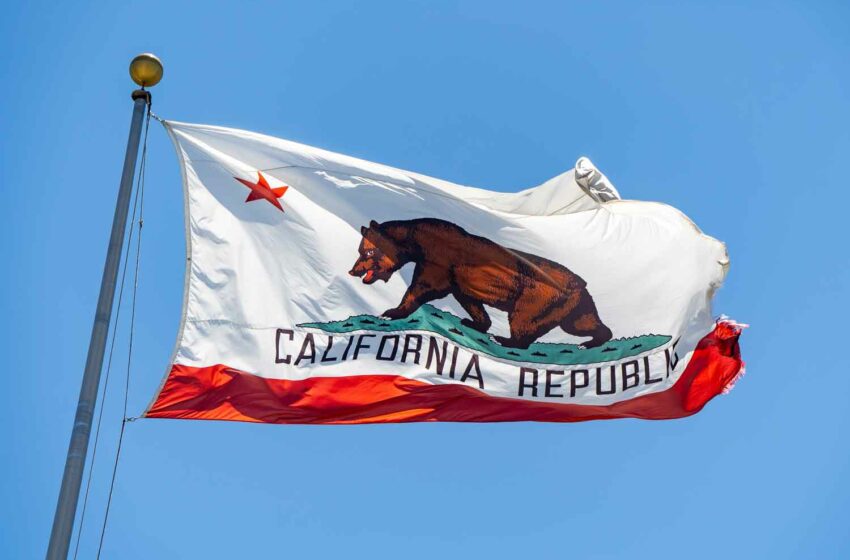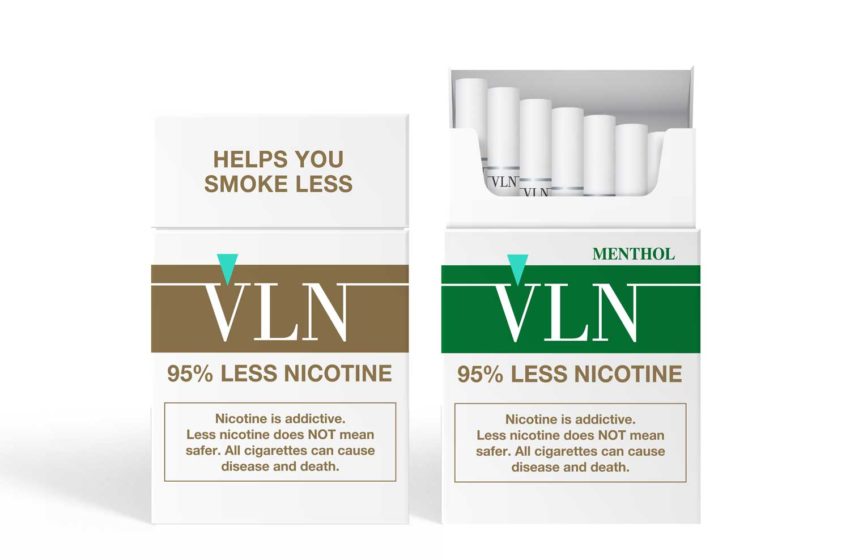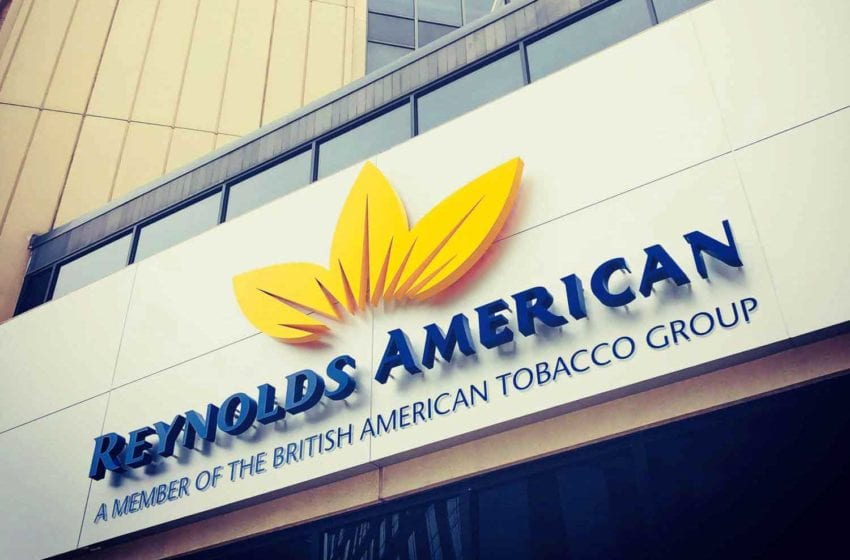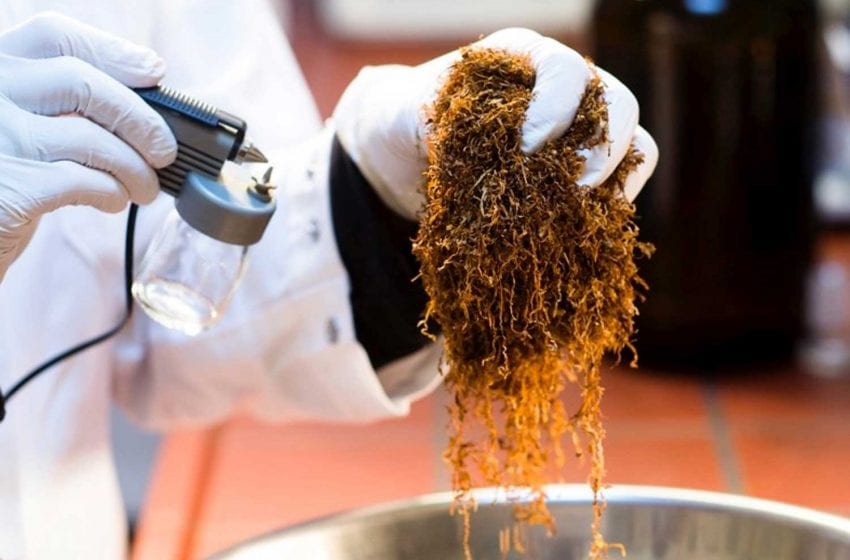This settlement is part of a larger $235 million settlement by Altria.Read More
Tags :California
A coalition of 21 state attorneys general submitted a letter to the White House OMB.Read More
The decision ends a long battle over tobacco restrictions in California. Read More
Researchers succeeded more often in purchasing flavored products after prohibition.Read More
Researchers recommend expanding regulations to include e-commerce retailers. Read More
A study shows that keeping products legal and regulated is better policy, according to Altria. Read More
California's services are heavily dependent on income raised from tobacco taxes. Read More
Starting July 17, VLN cigarettes will be available in California at more than 275 sites.Read More
Authorities should crackdown on illegal disposable flavored vapes, says RJR.Read More
The state’s department of justice has determined the product are ‘presumptively’ flavored. Read More










